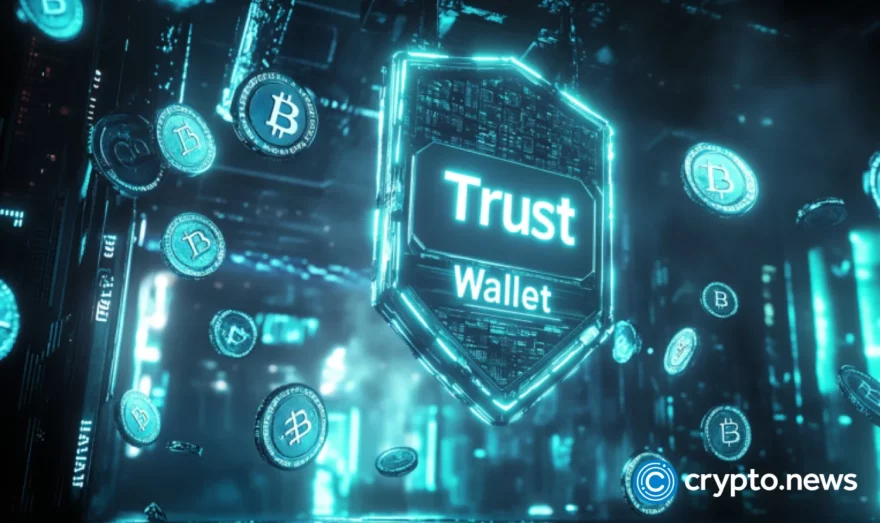All you need to know about Pix, Brazil’s FedNow

Pix is a digital payment system from Brazil’s Central Bank that offers fast, anytime money transfers as a low-cost alternative to traditional methods.
The digital payment system emerged in Brazil in mid-November 2020, allowing individuals and businesses to transfer money between accounts within seconds, 24 hours per day, 365 days a year. Developed by the Central Bank of Brazil, Pix is being promoted as an instant, convenient, and low-cost payment method compared to legacy options.
The Pix platform links bank account information to registered “keys” — typically phone numbers, emails, or ID numbers. To make transfers, users provide a recipient’s key instead of account details, allowing money to move almost instantly without disclosing sensitive information.
Proponents highlight Pix’s ease of use and real-time settlement as major advances. However, the long-term impacts on banking, commerce, and consumers remain uncertain.
On its third anniversary, Pix reached a new milestone — processing over 163 million transactions in one day. Last year, the platform handled 24 billion payments worth around $243 billion, becoming Brazil’s most popular way to send money. Growth continues rising steeply, with 9.4 billion Pix operations recorded in the second quarter of 2023 alone.
A recent report by The Banker suggests that Pix is a threat to credit cards, while also being a boon for banks at the same time. The service now also allows for installment payments through the PIX Garantido feature. The feature was a surprise when the service first launched, as banks feared it would cost them transfer revenues, but most payments ended up being routed through banks.
While adoption rapidly increases, some critique Pix’s business model and question whether benefits may be overstated. Questions around pricing, fraud protection, and market disruption require ongoing analysis as Pix evolves.
As Pix transforms how millions of Brazilians send and receive money daily, it has effectively become the country’s equivalent of the FedNow real-time payment system currently in development in the United States. Yet the long-term impacts for consumers remain unclear.
The system is similar to the Federal Reserve’s FedNow, launched in late July. Some have argued that the system was the first step towards a fully digital United States currency.
Some see such systems as an answer to the rise of digital assets, which may threaten traditional means of payment. Financial institutions are especially afraid that if instruments such as stablecoins were to grow to become a significant part of the economy, it could threaten financial stability at the first hack, bug, or other problems typical of the crypto world.















